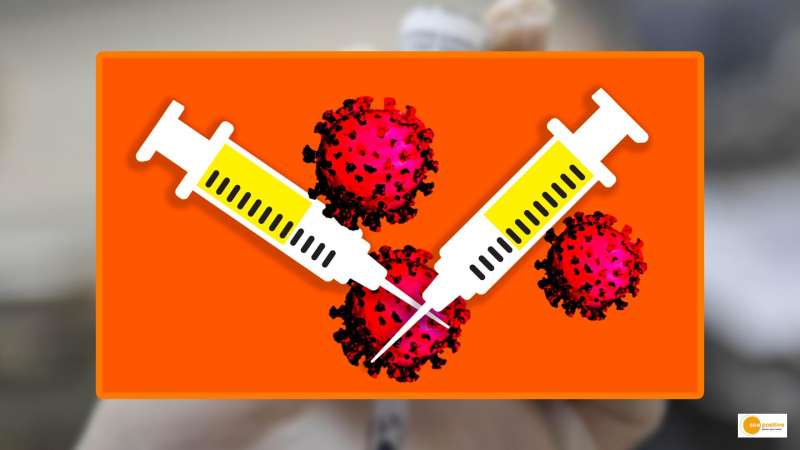

Highlights:
• Pfizer sell patended drugs to world’s poorest countries on not-for-profit basis
• 5 areas to be focused on to make world healthier
• 5 countries with further 40, will sign the bilateral agreement to participate
US pharmaceutical giant, Pfizer on May 25 said it would sell its patented drugs on a not-for-profit basis to the world’s poorest countries, as part of a new initiative announced at the World Economic Forum in Davos.
This is the time to begin closing this gap between people with access to the latest treatments and those going without, chief executive Albert Bourla told attendees at the exclusive Swiss mountain resort gathering.
Areas to be focused for make healthier world
For Healthier World, an Accord focuses on five areas such as infectious diseases, cancer, inflammation, rare diseases and women’s health; where Pfizer currently holds 23 patents, including the likes of Comirnaty and Paxlovid, its Covid vaccine and oral treatment.
“This transformational commitment will increase access to Pfizer-patented medicines and vaccines available in the United States and the European Union to nearly 1.2 billion people,” Angela Hwang, group president of the Pfizer Biopharmaceuticals Group, told.
Countries who will sign the agreements to participate
Five countries such as Rwanda, Ghana,Malawi, Senegal and Uganda have committed to join with further 40 countries, 27 lower income and 18 low middle income are eligible to sign bilateral agreements to participate.
Pfizer’s commitment sets a new standard, which we hope to see emulated by others,” Rwanda’s President Paul Kagame said. He further added that additional investments and strengthening of Africa’s health systems and pharmaceutical regulators would also be needed.
Seven years behind
Developing countries experience 70 percent of the world’s disease burden but receive only 15 percent of global health spending, leading to devastating outcomes.
Across sub-Saharan Africa, one child in 13 dies before their fifth birthday, compared to one in 199 in high-income countries. Cancer-related mortality rates are also far higher in low and middle-income countries — causing more fatalities in Africa every year than malaria.
All this is set to a backdrop of limited access to the latest drugs. Essential medicines and vaccines take four to seven years longer to reach the poorest countries, and supply chain issues and poorly resourced health systems make it difficult for patients to receive them.
There are a number of hurdles that countries have to overcome to gain access to medicines. That is why an initially five pilot countries are selected to identify and come up with operational solutions and then share those learnings with the remaining countries.
Focus of Pfizer
The focus will be on overcoming regulatory and procurement challenges in the countries, while ensuring adequate levels of supply from Pfizer’s side.
The not-for-profit price tag takes into account the cost to manufacture and transport of each product to an agreed upon port of entry, with Pfizer charging only manufacturing and minimum distribution costs.
Pfizer will also reach out to other stakeholders including governments, multilateral organizations, NGOs and even other pharmaceuticals to ask them to join the Accord.
It is also using funding from the Bill & Melinda Gates Foundation to advance work on a vaccine against Group B Streptococcus (GBS), the leading cause of stillbirth and newborn mortality in low-income countries.


